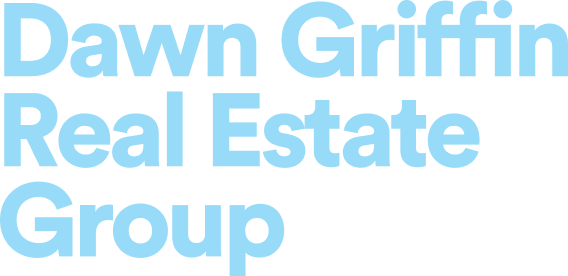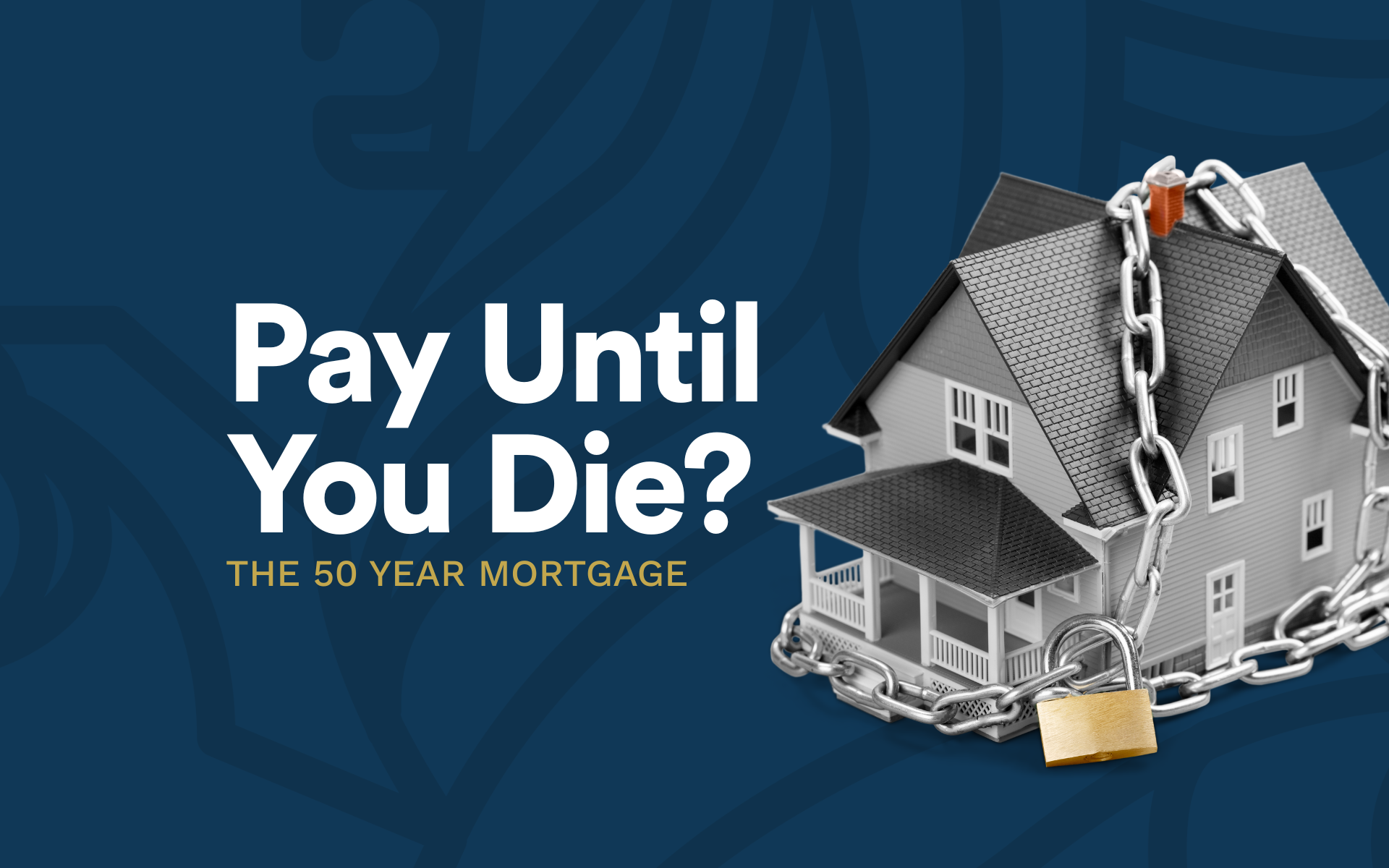10 Questions to Ask Mortgage Lenders
Trying to buy a home without a mortgage approval is the equivalent of putting the cart in front of the horse. You are being shown homes that you possibly might not be able to afford, or that are significantly under your budget. Additionally, when you find your dream home, in today’s market when inventory is tight, you will want to act quickly. You may be competing with other offers and the seller will most likely accept the offer that has the strongest financing.
Benefits of Local Lenders
We usually recommend buyers work with a local lenders for the following benefits:
- Local lenders understand the local market.
- Local lenders use appraisers that understand the local market.
- You have someone local you can turn to for answers.
- Local lenders depend on your referrals and will work harder for you.
With that being said, we have successfully worked with many buyers who have used online lenders. Your lender is a personal choice, entirely up to you. Shop wisely and ask a lot of questions. You will need to do hours of work in advance of your pre-approval so you want someone that you feel you have a good relationship with.
Questions To Ask Your Mortgage Lender
- What is the interest rate? Your lender will offer you an interest rate based on the loan and your credit. The interest rate, along with the mortgage balance and loan term, will determine your real monthly payment. A loan with a lower balance or a lower interest rate will make for a smaller monthly payment. If you’re not satisfied with the interest rates offered, work to clean up your credit so you can qualify for a lower interest rate.
- Can I lock in the interest rate and points, and how much does this cost? Your lender may be able to lock in your interest rate for a time, and for a fee. If rates go up, you’ll still be able to benefit from a lower rate on your mortgage.
- What is the monthly mortgage payment? As you develop a budget for your new home, make sure you can afford the monthly mortgage payment — and be sure to include taxes and insurance in your monthly payment calculations. There are many online mortgage calculators than can help you estimate payments. Consider your other financial goals, both short-term like a vacation or car, and long-term like your retirement savings. You want to make sure you mortgage payment does not stretch you beyond your comfort zone.
- What are the qualifying guidelines for this loan? The underwriting guidelines are different for every loan, as are income and reserve requirements. Along with requiring you to have sufficient funds for the down payment and closing costs, most mortgages require proof of income and reserves of up to six months of mortgage payments.
- What is the minimum down payment required for this loan? Different loan products have different down payment requirements. Most mortgages require a 20% down payment, but you may qualify for an FHA loan which in some cases, requires as little as 3.5% down. Generally, the lower your down payment is, the higher the cost of your loan.
- Is the mortgage fixed rate or an ARM? Fixed-rate loans keep the same rate for the life of the loan, which can range between 10 and 30 years. Less common are adjustable-rate mortgages (ARMs), which have an introductory interest rate that lasts a set period of time and adjusts annually thereafter for the remaining time period. If you only plan to stay in your home for a short period of time, an ARM loan might be advantageous to you because you plan on moving or selling your home before your initial mortgage rate adjusts. If you expect your income to increase in the future, you might feel comfortable with the idea of saving money now by having a lower monthly payment but be comfortable with having to make higher payments in the future when your income rises and your ARM adjusts. ARMs are generally considered riskier because your interest rate will probably go up after the initial fixed-rate period ends. Know what you are getting into.
- Will there be any fees to pay? One-time fees, typically called “points”, are due at closing. For every point you pay, your lender will decrease your interest rate by 1%. You can also inquire about whether you might have the option of paying zero closing fees in exchange for a higher interest rate.
- Are there any prepayment penalties on the loan? Some lenders may charge a fee for making extra payments to pay off your mortgage principal early. Don’t forget to ask this important question.
- Do I have to pay for mortgage insurance, and how much will it cost? Putting down less than 20% on your purchase requires paying mortgage insurance until your loan-to-value, or LTV, ratio falls below 80%. Mortgage insurance premiums can be expensive, sometimes costing up to $100 per month for every $100,000 borrowed.
- Are there other mortgage products with lower rates that I qualify for? The best way to comparison-shop is to start with your current lender. They probably offer more than one type of loan, and these may have terms better suited to your financial situation.
Summary
Interest rates, loan programs, and rules and regulations are constantly changing in the mortgage industry. Make sure to do your due diligence and partner with a reputable lender who responds to your questions. This will be one of your biggest investments. Contact us if you have questions about lenders or the process.



